This is a guest post contribution from our buddy Ellie Cleary at Soul Travel Blog, a blog full of helpful responsible travel tips. For a full bio and links to her social media page please refer to the bottom of the page.
When I tell people I meet on the road that I write about ‘responsible travel’, I’m normally confronted with a baffled look. As if to say: What on earth is that??
** Cue conversation about how wonderful travel is, but how we risk slowly destroying our planet as more and more people travel, and we continue to put pressure on our environment, people and societies.**
And while responsible travel is a super important topic within the tourism industry, it seems to suffer from a bit of a branding problem. It sounds decidedly… un-sexy. Even as responsible travel themes become more popular for tourists, it’s not always a good thing.
Ecotourism is a perfect example of this. Ecotourism—which is strongly related, but perhaps more specific than responsible travel—is clearly on the rise. Throughout my travels I can’t tell you the number of times I’ve seen eco this or eco that advertised on hotels, tours and even restaurants.
Which is great, right?
Sadly… not always, as eco-travel isn’t always what it seems. Many people within the tourism industry, especially those looking for an easy way to attract more customers, are becoming increasingly aware of the power of the word ‘eco’. Slap ‘eco’ in front of something, and then suddenly more people are interested in getting involved and ‘doing their bit’.
It’s referred to in the industry as “greenwashing”. Where some of the eco-experiences that we’re sold are not really so eco after all; as we board vessels spewing out filthy fuel into the oceans, or stay at hotels that claim to be eco, but are burying piles of plastic water bottles out back. It’s exactly the opposite of what’s intended.
As the number of eco or responsible travel experiences increase, the task unfortunately falls to us as consumers to make sure that what we are buying is actually legitimate. We must do our research and ask our questions, to ensure their businesses are actually doing as they say.
Asking questions up front might not be easy, but from my experience, those who are genuinely making an effort to offer responsible travel products/services, will be only too happy to talk about what they are doing and answer any questions you may have.
Personally, I’ve found that it is much better to invest a short amount of time asking questions up front about travel experiences, and I have certainly regretted it on a couple of occasions when I haven’t. So with that in mind, and to help you get the most out of your responsible travel experience, here are the best questions you can ask to find a responsible tour company.
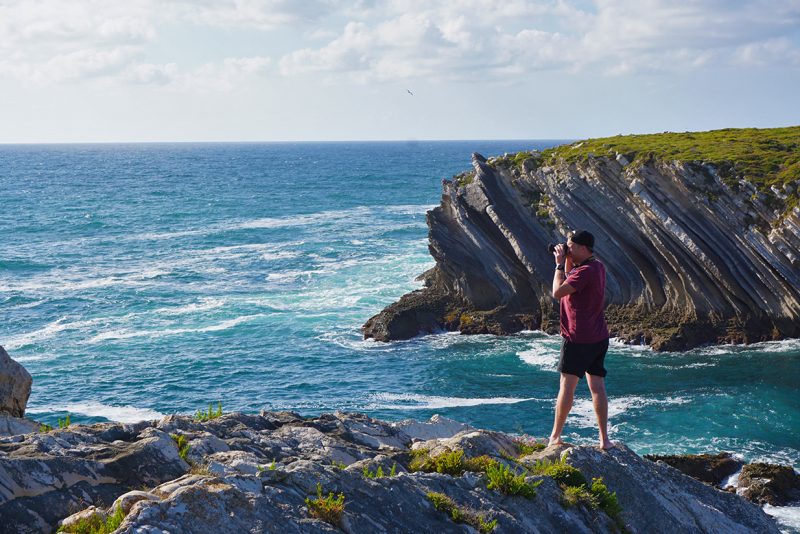
1) What practices do you have in place to help minimize the environmental impact of this trip?
In some cases this information ight already be visible on the company’s website. For instance, does the company offset carbon for their own flights or flights taken by customers? Do they issue re-usable water bottles to help cut down on the amount of plastic used? When booking a tour, does the company (only) use eco-friendly accommodations? Ones that recycle, have initiatives in place to save water and energy and use renewable energy (like solar power)?
Let’s be clear: it’s pretty hard to find a tour or travel experience that is perfect (just as it’s hard to be perfectly responsible ourselves all the time!), but if a company is at least trying to support some of these measures that tells you a lot about the travel operator themselves. When someone tells me their hotel/resort is eco, my first response these days is “great, so tell me about your eco initiatives”.
2) Who benefits from my travel?
This is a great open ended question to ask, which should get those who are passionate about responsible travel talking easily. Beware of the answer ‘that it’s helping to create local jobs’. While it can be true, in this day and age most parts of the world already have established tourism and it becomes not just a question of creating jobs, but what is the impact of those jobs.
Do they employ locals or backpackers who volunteer for free? Are locals paid a fair wage? In many places, tourism continues to create jobs, but the locals move out of the city because they’ve simply become swallowed up by tourism (think traveling to Venice or Lisbon). Look for travel companies that support small, ethical local organizations – such as handicrafts co-ops or small retailers that produce organic products.
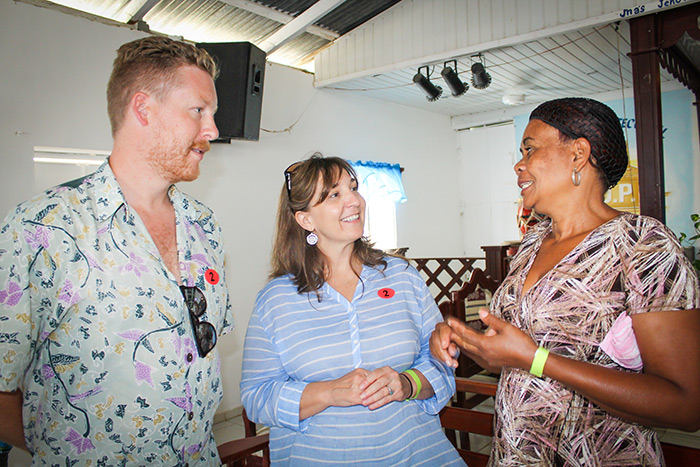
3) How will I be traveling?
Traveling around in a bus for 1 or 2 weeks might be a good option for some, but for a lot of the time it alienates us from the culture of the country we are visiting. One of the biggest joys for me when on the road is taking local transport of the country I’m in—particularly trains. In countries where train journeys take days it can be a great way to actually experience local life and make connections with locals that will last beyond the end of your trip.
In Central America the famous chicken buses (painted school buses that cram as many people in as possible, often with chickens and other animals) is as much of an experience at the time as it is to recount at dinner parties months down the line. In general—the more local transport a trip contains, the more of a responsible travel experience it likely is. There are of course exceptions: sometimes it’s just not practical or safe to take public transport all the time, so private transfers or coach trips can have a place too.
4) How is the travel company structured?
In a nutshell: who owns the company and where is my money going? There’s no denying this can be a tough one. It’s often challenging to find out who the owners or investors of a company are, but for the majority of cases it shouldn’t be a major cause for concern. If however you’re traveling to a country where corruption is prevalent, or there is a military dictatorship in power, then this is definitely a question to consider further.
In general, smaller companies are good to support because they tend to be locally owned. When we use global companies and pay in full up front, it can mean that a large proportion of our money may not be contributing to the local economy. This is true especially of large multinational travel wholesalers, tour operators and hotel chains.
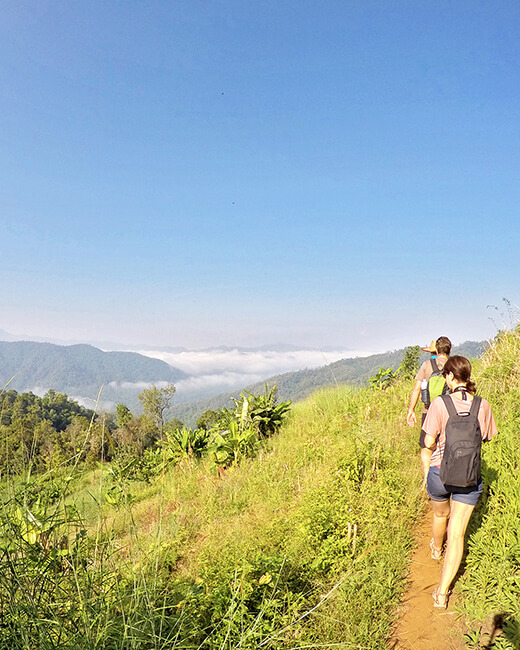
5) How do you give back to the communities in destinations that you offer trips to?
Does the travel operator have a foundation or charitable program where they help support (financially or otherwise) in the destinations that they offer trips to? Any companies that do give a clear signal that they take what they do seriously, and it should give us a good reason to feel confident in them and their promises.
6) Are any animal experiences / encounters included? If so, how are the animals treated?
Several years ago Intrepid Travel made the bold move to ban elephant rides from all of their trips. At the time it provoked outcry from those who did not understand why this was necessary, but over the years they have received a lot of respect and trust from their customers, not to mention scores of other operators following suit.
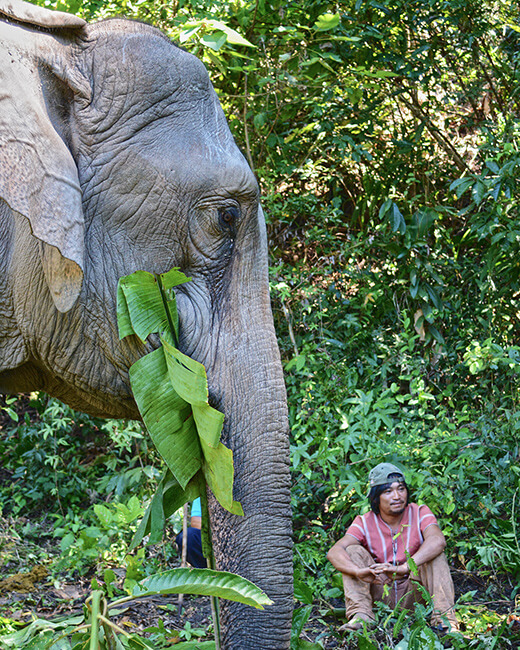
The new challenge is to question animal encounters that claim to be “ethical”, but in reality are not treating the animals any better. Patronizing these establishments is only financing the animals being captured and kept in captivity to meet tourist demand. In Southeast Asia, some riding camps are touting themselves as “sanctuaries” to attract good-hearted travelers. However, many of these are using the same cruel practices to keep the elephants in line. In this instance it applies for elephants, but it’s also the same for tigers, monkeys, and any array of wild animals.
I try to bear the following advice when it comes to wild animal encounters: “if you can ride it, hug it or have a selfie with it, then the chances are that it is cruel and the animal is suffering” ~ World Animal Protection
7) What does my gut tell me about this company and travel experience?
If in doubt, what does your gut tell you? If a company won’t answer your questions, or it’s difficult to find information, this could be a clear sign. It also shows they’re not as professional or dedicated to the responsible travel cause as we’d like them to be. In an ideal world companies would be the ones putting the effort into making travel responsible, but we have a way to go until we reach that point.
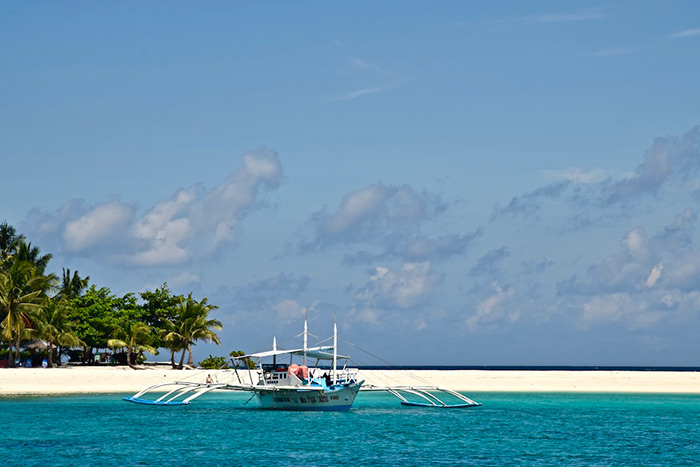
It may seem like a bit of work, but it’s worth asking questions to find responsible travel operators who truly benefits countries and communities. The more of us that ask, the more travel companies will realize that it’s important to their customers and, thus important to their paycheck! So with that said, happy responsible traveling!
 Ellie Cleary is the founder of Soul Travel Blog, a blog that looks to help travelers create positive impact through mindful and responsible travel. A Londoner born and bred, Ellie lived in Amsterdam for the last 6 years, and is now living the nomadic lifestyle as she tries to blog and travel the world responsibly. You can connect with Ellie and Soul Travel Blog on Facebook, Twitter and Insta
Ellie Cleary is the founder of Soul Travel Blog, a blog that looks to help travelers create positive impact through mindful and responsible travel. A Londoner born and bred, Ellie lived in Amsterdam for the last 6 years, and is now living the nomadic lifestyle as she tries to blog and travel the world responsibly. You can connect with Ellie and Soul Travel Blog on Facebook, Twitter and Insta

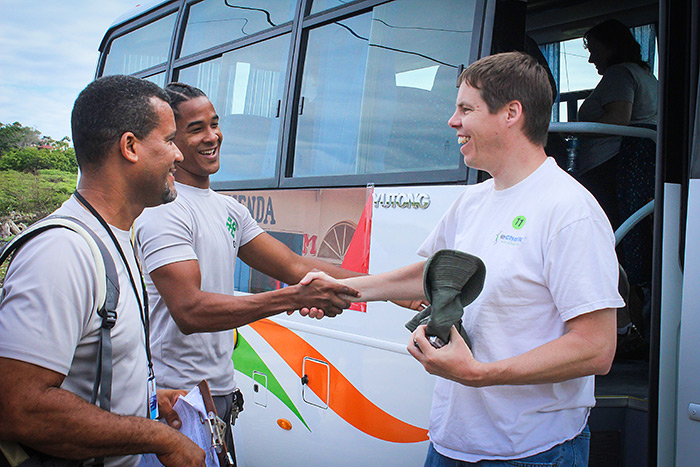
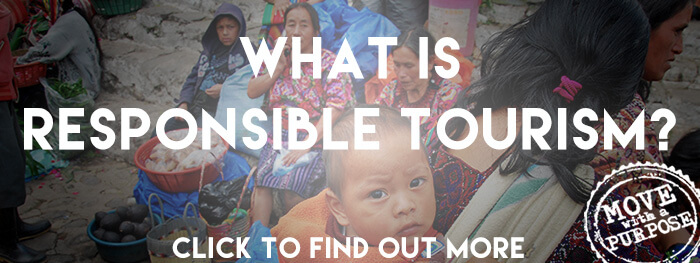



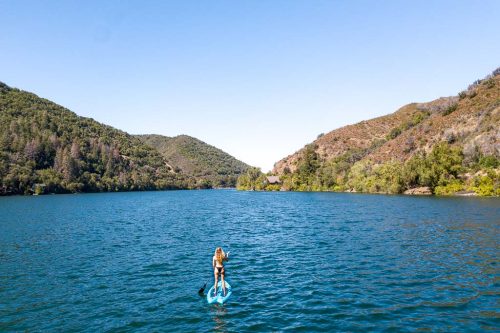


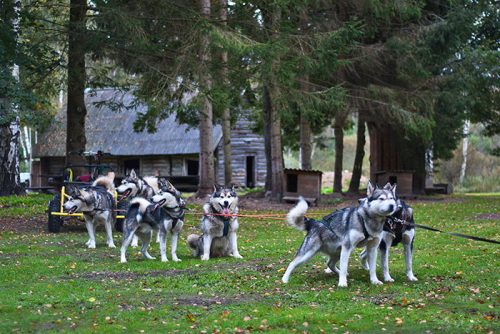
Hi ,
I absolutely love your passion when writing articles I would like to invite you to Kenya as a tourist or a student we will benefit greatly from this expertise may be you will find alot of things of intrest to write about